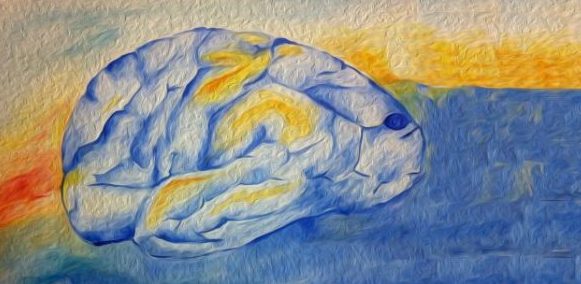Theoretical neuroscience
Theory of spike initiation, sensory systems, autonomous behavior, epistemology
Editor Romain Brette
Multiscale memory and bioelectric error correction in the cytoplasm-cytoskeleton-membrane system (2018)
Chris Fields, Michael Levin
PubMed: 29148257 DOI: 10.1002/wsbm.1410
This cell biology essay was not an easy read for me, a theoretical neuroscientist, but I found it very original and insightful. It criticizes the concept of the genome as a program. Indeed, genes by themselves only determine the primary structure of potential proteins (actually not even that if we consider splicing), and this does not determine protein function, let alone the way a cell works. But the authors go further by drawing the implications of a simple fact: the genome does not reproduce, only a cell does.
When a cell divides, the daughters get not only the genome, but also the membrane and cytoskeleton. The authors call this the “architectome” and argue that it also carries heritable properties that are independent of the genome. Given that it is always an entire cell that reproduces, it makes sense. In a few cases, this has been demonstrated, for example in Paramecium. The authors thus propose a fresh perspective: the genome is not the code or program for the cell; it is a resource for the cell, which picks into the genome to produce proteins it needs. Although the new metaphor also has its limitations, it has the great merit of providing an alternative view to the “genetic program”.
